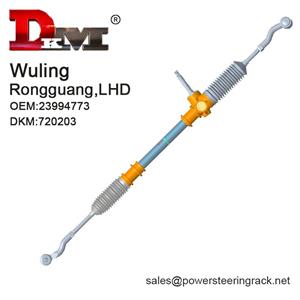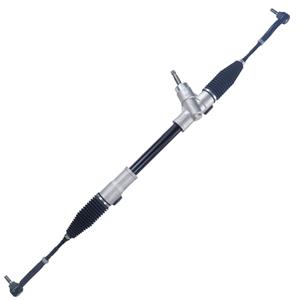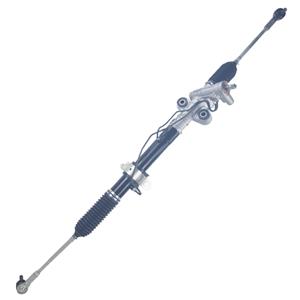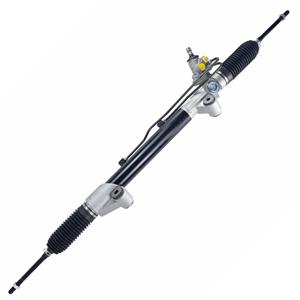Why does the Benz E-Class make a knocking sound when turning the steering wheel?
When driving a luxury car such as the Mercedes-Benz E-Class, the owner usually expects a quiet and smooth driving experience. However, sometimes the vehicle's steering wheel may make a disturbing knocking sound when turning. This phenomenon not only makes the driver feel uncomfortable, but also may indicate a problem with some key components of the car.
This article will take a deep look at why the Mercedes-Benz E-Class's steering wheel makes a knocking sound when turning, and analyze possible causes and solutions.
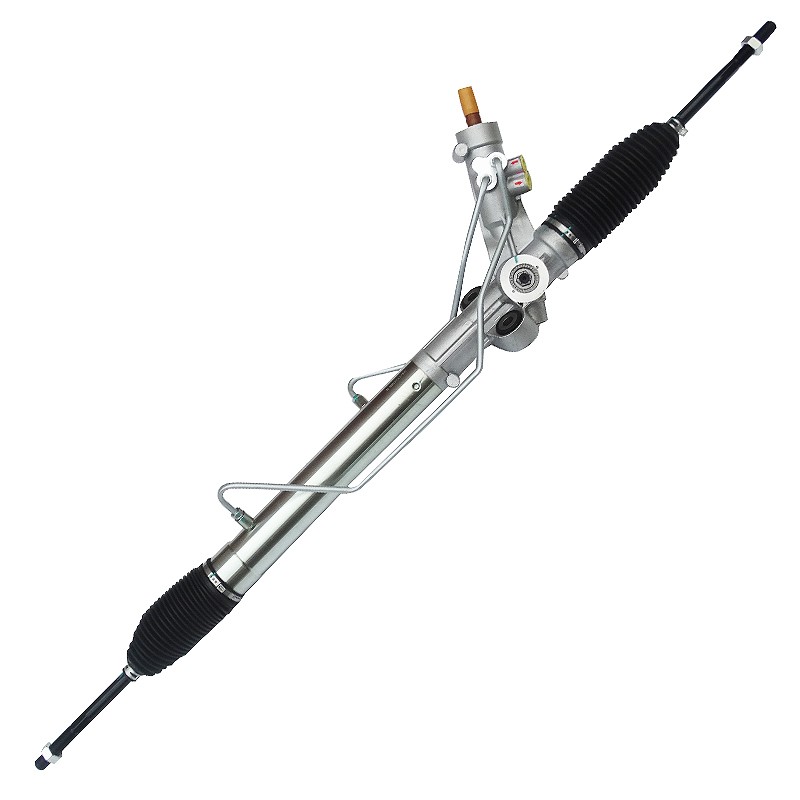
Introduction to the steering system of the Mercedes-Benz E-Class
As one of the representatives of luxury cars, the Mercedes-Benz E-Class's steering system adopts advanced design and technology to provide the best control experience. The steering system of the Mercedes-Benz E-Class can be roughly divided into the following types:
1. Hydraulic Power Steering (HPS): A hydraulic pump is used to provide steering assistance, allowing the driver to turn the steering wheel more easily.
2. Electric Power Steering (EPS): An electric motor is used to replace the traditional hydraulic system, thereby improving the efficiency and precision of the steering system.
3. Electro-Hydraulic Power Steering (EHPS): It combines hydraulic and electronic technologies to further optimize the power steering system by driving the hydraulic pump through an electric motor.
Regardless of the steering system, they are designed to provide drivers with a smooth and quiet steering experience. Therefore, when the steering wheel is turned, a knocking sound usually means that there is something wrong with the steering system or related components.
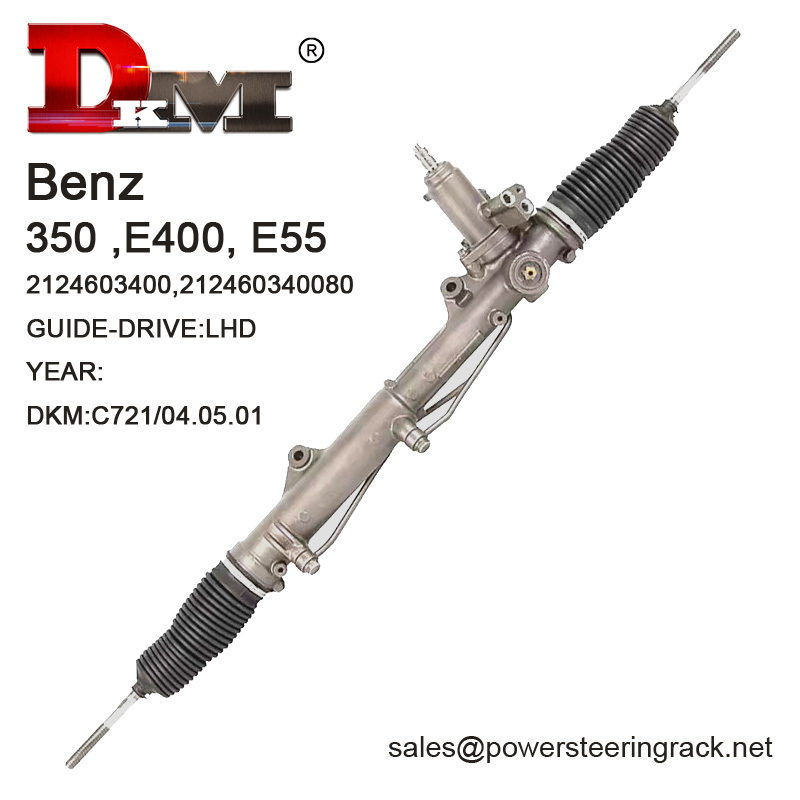
What is the reason for the knocking sound when the Benz E-Class steering wheel is turned?
The knocking sound of the steering wheel may be caused by a variety of factors, and the specific reasons are often related to the driving conditions, maintenance, and age of the vehicle. The following are several common reasons for the knocking sound of the Mercedes-Benz E-Class steering wheel:
1. Steering Column Problem
The steering column is a key component that transmits the rotational motion of the steering wheel to the steering gear. If the bearings or other components of the steering column are loose, worn or aged, knocking sounds may be heard when the steering wheel is turned. Especially when the vehicle passes through bumpy roads or turns the steering wheel at a large angle, the noise will be more obvious.
Solution:
If it is determined that the steering column is the problem, the owner should go to the 4S shop or professional maintenance organization for inspection and repair in time. It may be necessary to replace the worn bearings or repair the loose parts.
2. Steering rack failure
The steering rack (also known as the rack and pinion steering gear) is the core component of the steering system. It is responsible for converting the rotation of the steering wheel into the steering movement of the wheels. If the gears inside the steering rack are worn or loose, it may make an abnormal knocking sound when the steering wheel is turned. In addition, insufficient lubrication of the steering gear may also cause this situation.
Solution:
Check whether the steering rack is loose, worn or insufficiently lubricated. If the steering gear is severely damaged inside, the entire steering gear may need to be replaced.
3. Suspension system problem
The suspension system of the Mercedes-Benz E-Class is also one of the common sources of steering wheel knocking sounds. The bushings, connecting rod ball heads and other components of the suspension system will be under great pressure when steering. If these components are loose or aged, knocking sounds may occur. This noise is especially noticeable when the vehicle is at a high speed or turns sharply.
Solution:
The owner can ask a professional technician to check the various components of the suspension system, especially the bushings and connecting rod ball joints. If they are found to be loose or damaged, timely replacement can solve the problem.
4. Power Steering Pump Failure
For the Mercedes-Benz E-Class with hydraulic power steering system, the power steering pump is the core component that provides hydraulic pressure. If there is a problem with the power steering pump, such as wear of the vanes in the pump, leakage of hydraulic oil, or loosening of the pump belt, it may cause knocking sounds when the steering wheel is turned. In addition, if the power steering pump fails, it may also be accompanied by heavier steering and reduced power assistance.
Solution:
Check whether the power steering pump is operating normally, including the tightness of the pump belt, the level of hydraulic oil, and the wear of the vanes in the pump. If the power steering pump is seriously damaged, it may need to be replaced.
5. CV Joint Problem
The constant velocity joint is an important component of front-wheel drive vehicles, which can keep power transmission smooth when turning. If the CV joint is worn or under-lubricated, it may cause a knocking sound when turning. Usually, the noise of the CV joint problem is more obvious when turning at low speed.
Solution:
Check the CV joint for wear or under-lubrication, and lubricate or replace the damaged CV joint if necessary.
6. Damaged steering shaft universal joint
The steering shaft universal joint is the component that connects the steering column to the steering gear, allowing the steering system to smoothly transfer torque between different angles. If the moving parts of the universal joint are worn or rusted, it may cause knocking noises when the steering wheel is turned.
Solution:
Check the steering shaft universal joint for signs of rust, looseness or wear, and lubricate or replace it if necessary.
7. Foreign objects in the steering system
Sometimes, foreign objects (such as stones or debris) may get stuck near the steering assembly in the vehicle's steering system, causing knocking noises when turning the steering wheel. Although this situation is relatively rare, foreign objects may enter the steering system during daily driving if the vehicle passes through some roads with poor road conditions.
Solution:
Confirm whether there is any foreign matter in the steering system through visual inspection or with the help of a professional technician. If there is, just remove it in time.
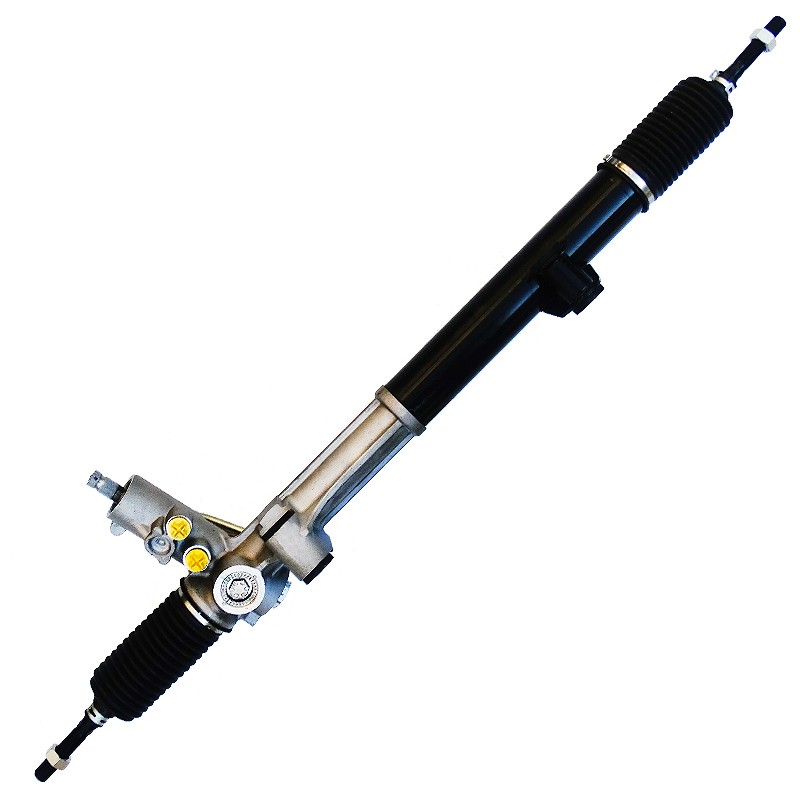
How to prevent and solve the problem of steering wheel knocking?
When you find that the Mercedes-Benz E-Class's steering wheel makes a knocking sound when turning, the owner should not ignore this phenomenon. Solving the problem as soon as possible can not only restore the smoothness of driving, but also avoid further mechanical damage. Here are some suggestions for preventing and solving the problem of steering wheel knocking:
1. Regular maintenance and inspection
Regular maintenance is the best way to prevent car failure. Owners should regularly check the vehicle's steering system, suspension system and other key components to ensure that all parts are operating properly. In addition, owners of hydraulic steering systems should regularly check the hydraulic fluid level to maintain proper lubrication.
2. Pay attention to driving habits
In daily driving, owners should avoid frequent sharp turns or driving at high speeds in bad road conditions, which may increase the wear of the steering system. In addition, when the vehicle is stationary for a long time and makes a large angle turn, it may also cause additional pressure on certain components.
3. Repair minor faults promptly
If the steering wheel makes knocking or other abnormal sounds, the owner should go to a professional repair agency for inspection in time to prevent small problems from developing into major faults. For example, if the knocking sound is caused by the looseness of the steering column, early repairs may only require simple tightening rather than replacing expensive parts.
4. Replace with original parts
When repairing the Mercedes-Benz E-Class, it is recommended that the owner use original parts to ensure the quality and compatibility of the parts. Although there are many cheaper alternative parts on the market, they may not provide the same performance and durability as the original parts, and may even cause more serious problems.

